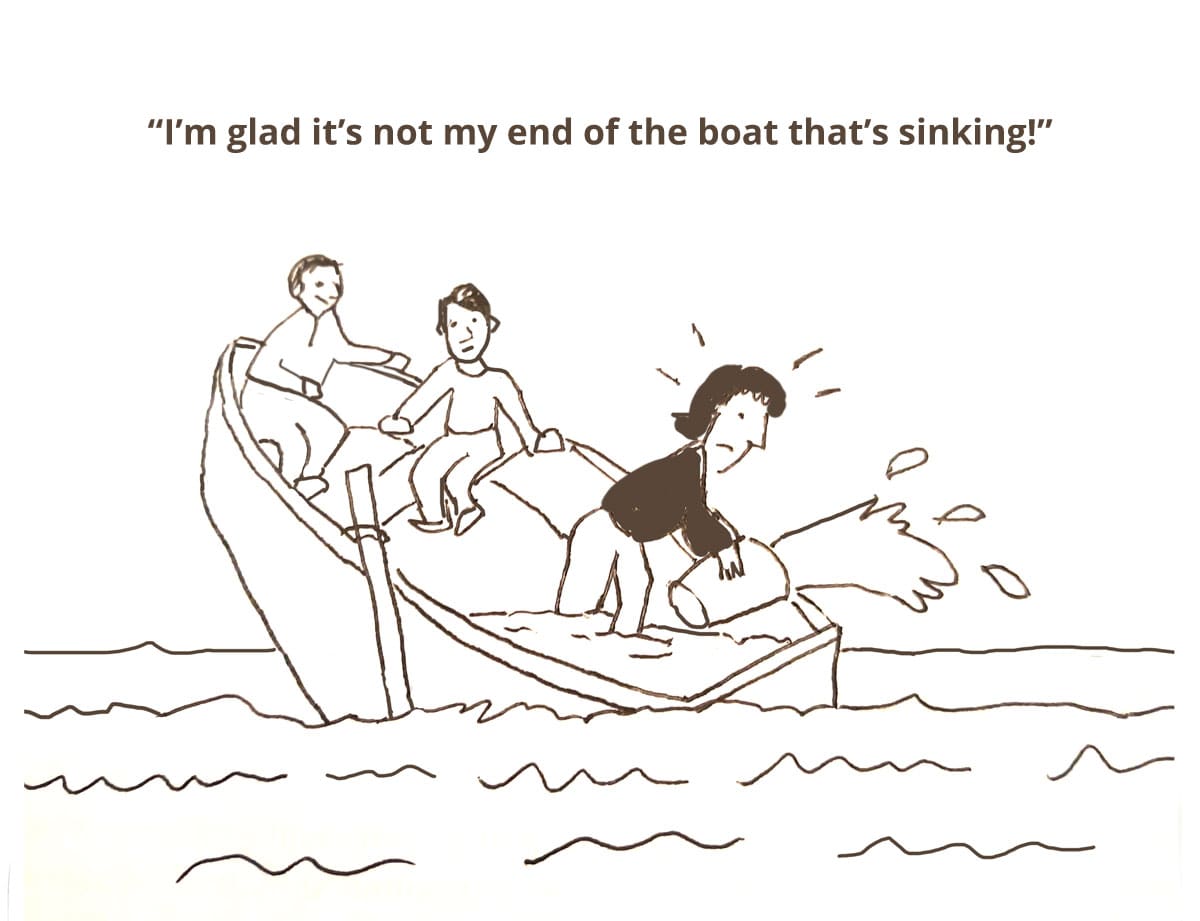There has got to be a better system!
I don’t know about you but I shake my head when I read about the various shortages of critical equipment and personnel. I shake my head when I hear reports of states forced to bid against one another for vital supplies and then find themselves outbid by various federal agencies. I shake my head when I hear of individuals hoarding or even stealing necessary supplies.
Lessons from history
A way of life in World War II – Victory Gardens and Rationing
Ok, I am old enough to have memories of these realities of life. I am old enough to remember hearing my parents talk about both the necessity of rationing for the war effort toward the end of World War II… and their frustrations with it. I also recall the small bit of soil in the backyard behind my father’s shop which was co-opted for a “Victory Garden”. But as I recall it and look back on this time, it was a time characterized by a sense of collaboration rather than competition and “me first”.
Victory gardens, also called war gardens or food gardens for defense, were vegetable, fruit, and herb gardens planted at private residences and public parks in the United States,. were used along with Rationing Stamps and Cards to reduce pressure on the public food supply. Besides indirectly aiding the war effort, these gardens were also considered a civil “morale booster” in that gardeners could feel empowered by their contribution of labor and rewarded by the produce grown. This made victory gardens a part of daily life on the home front. (Wikipedia – Victory Gardens)
The military effort churned through huge amounts of meat, dairy, sugar, tires, gasoline, nylon, and other staples. To guarantee consumers access to essential products at reasonable prices, the U.S. Office of Price Administration (OPA) distributed coupon books that set careful limits on everyone’s consumption. No coupon, no sugar — or shoes. Rationing in WWII America
As young as I was I sensed my parents’ anger at those who profiteered on the “black market.” Their conversations were also tinged with an element of envy as they saw others trying to skirt the restrictions.
As I recall their conversations I realize they were convinced we had to collaborate in the “war effort.” I also recall their acceptance of the fact that if we were to win the war we all had to collaborate to ensure there were enough needed supplies to go around both at home and abroad.
Was it the best system? Hardly! People had many of the same reactions so many of us have today. But collaboration was a major piece in the “war effort.”
Lessons for today
As I reflect on this history I can not but help think of how relevant is the Vincentian Family thrust for systemic change and collaboration. This thrust is based on the awareness that we are brothers and sisters. We must think of the bigger picture beyond our own immediate needs and even beyond first aid measures as important as they are.
One of the differences I see today is that then, for the most part, people shared a common vision and understanding of what needed to be done. They also shared a common set of facts.
How different today when large segments of the population can not look beyond their own wants and desires. They do not realize that what happens in one part of the system affects the entire system. We are all in the boat together. There has to be a better way!
There have been many requests for prayer to get through these troubling times. I would like to suggest that we take seriously the lessons Vincent and Louise can teach us about collaboration rather than competition.
Praying for change – Resources
- Prayer Service-Collaborations and Partnerships
- Prayer for those about to engage in systemic change efforts









0 Comments